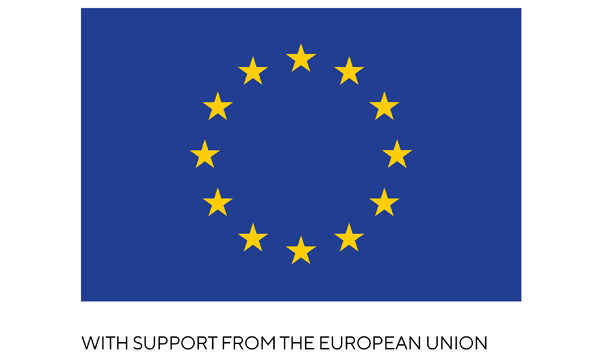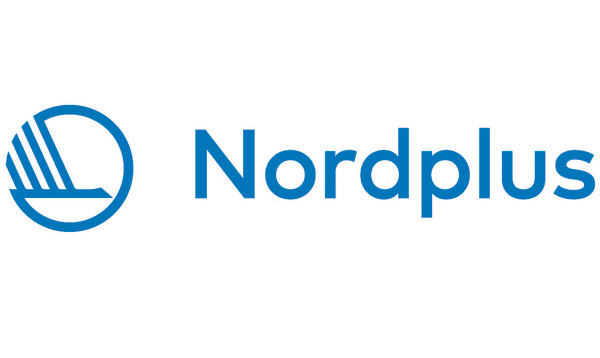Playlab: Fostering social inclusion through sport for refugees and asylum seekers in Europe
20/10/2022Alexanne Bardet, PLAY International

The social inclusion of refugees and asylum seekers is an important and urgent challenge in Europe. PLAY International (PLAY) believes that only collective action can create solutions adapted to issues faced by refugees. PLAY is also convinced that sport is an under-exploited source of solutions to meet this challenge. That is how the “Social inclusion of refugees and asylum seekers through sport” project was born. This project, managed by the Playlab, began in 2020 and is about to end in late December 2022.
With co-funding from the European Commission, the main goal of the project was to train and equip actors fighting against social exclusion of refugees and asylum seekers – such as social workers, sport association, to implement socio-sport sessions on the ground.
Thanks to this project, the Playlab was able to co-create educational content for three targeted audiences – children, unaccompanied minors (UAM), and families with a special focus on mothers and their children. This content is in favour of education and social inclusion through physical activity. The pedagogical tools include adapted socio-sports sessions and can be found in PLAY’s library. The aim is to address one or more psychosocial skills identified as priorities for each of the target groups, such as managing emotions, communicating needs and intra-family relationships. Training for educators, animators, social workers were provided on these sessions; then, these sessions were adjusted in accordance with European realities to reach a maximum number of people concerned. This adjustment of the content was done through a seminar with about fifteen European actors who already use sport to work with and for refugees.
"Anyone can equally play. Games from PLAY are complex enough, which is good because it is challenging and interesting for the players. And at the same time, it is simple enough so that everyone can play and enjoy without me regularly stopping the game and correcting some rules. The games are flexible; you can add and take out some rules and adapt them freely," says Frigyes Hegyi, a coach from Oltalom Sport Association, which is also part of the IRTS Networking Platform and Mentoring Programme.

“When PLAY became involved in the inclusion of refugees, we were keen to offer concrete tools to help those working in the field to use sport as a tool for education and inclusion. Today, we are proud to have made this programme and the power of sport for development more widely known in France and in Europe,” says Anne Méaux, Pedagogy and Social Innovation Manager at PLAY International (France).
PLAY's involvement in the issue of refugee inclusion also led to getting in touch with ISCA and being part of their IRTS project. It is in this spirit that we have participated in seminars and workshops, but we have also been mentors for other structures. Anne Méaux mentored Licia Corradini, project department and basketball coach at HERON (Italy). Regular exchanges were planned and allowed Licia to share her next steps and potential obstacles. Thanks to ISCA, in October, Anne travelled to Italy to support Licia in running a training course. While this mentoring allowed HERON to increase its skills, it also allowed PLAY to disseminate its social and sports contents and to establish strong links with its Italian partners. The added value of this mentoring programme becomes apparent when you go out into the field. Advice is put into practice; the feedback is positive, and the success of the training provided is proof of it.
Although the social inclusion project for refugees will come to an end in December 2022, PLAY will continue to be involved in this field through its various missions: the France mission by training social workers, and the Kosovo mission by intervening in Slovakia for Ukrainian refugees. In the meantime, Playlab is looking to go one step further by using sport to improve the mental health of refugees.
About our European program
Collective forum: Sport as a tool for refugees' integration








Connect
Subscribe to our newsletter for regular updates on our events, activities and opportunities in our network
You can unsubscribe at any time.




